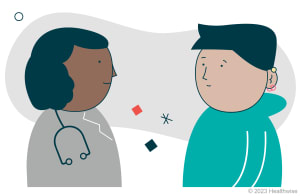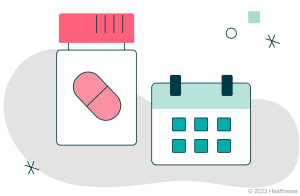Learning About HIV Post-Exposure Prevention (PEP)
HIV (human immunodeficiency virus) is a virus that attacks the immune system. You can get HIV during sex (vaginal, anal, or oral sex) with someone who has it. You can get it if you're sexually assaulted. You can also get it if you share a needle, a syringe, or other drug equipment. Some people can get it at work if they are exposed to blood or body fluids that may contain the HIV virus.

If you think you may have been exposed to HIV, see a doctor right away. There is treatment that can help.

The treatment is called post-exposure prophylaxis (PEP). It's medicine that can help prevent you from getting HIV.
How is it given?
Your doctor will start you on PEP.

Start PEP as soon as possible. Every hour counts. It must be started within 3 days (72 hours) after you were exposed to HIV.

Take your medicines exactly as prescribed. PEP treatment lasts 28 days.

Follow up with your doctor. You'll need an HIV test at the start and at the end of treatment. You will need another test 3 and 6 months after you have been exposed to HIV. This helps make sure that the PEP medicines worked.

Talk to your doctor about other tests. The doctor might recommend things like testing you for hepatitis or other infections. And you may get a pregnancy test.

Ask your doctor about PrEP (pre-exposure prophylaxis). If you're sometimes at risk of being infected with HIV, talk to your doctor about taking medicines that may lower your risk.
Adaptation Date: 05/27/2024
Adapted By: Alberta Health Services
Adaptation Reviewed By: Alberta Health Services
